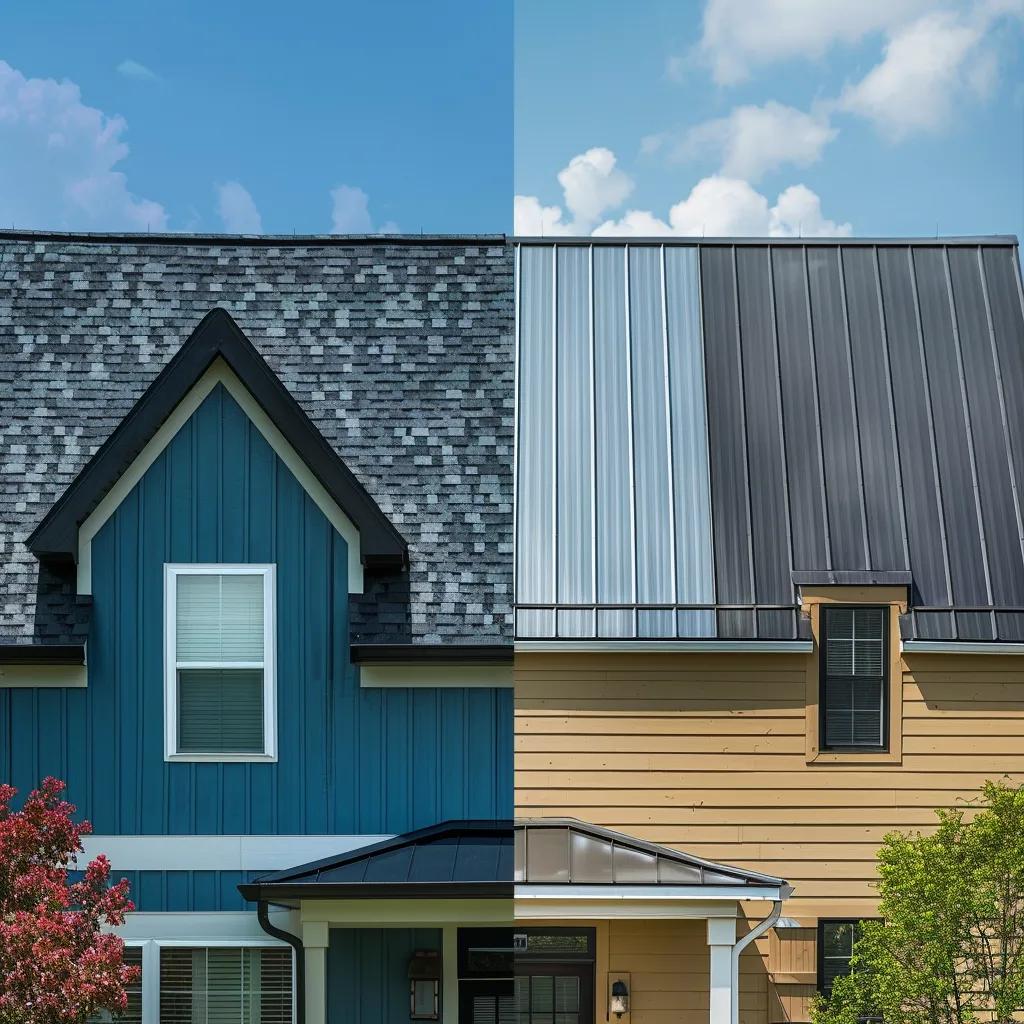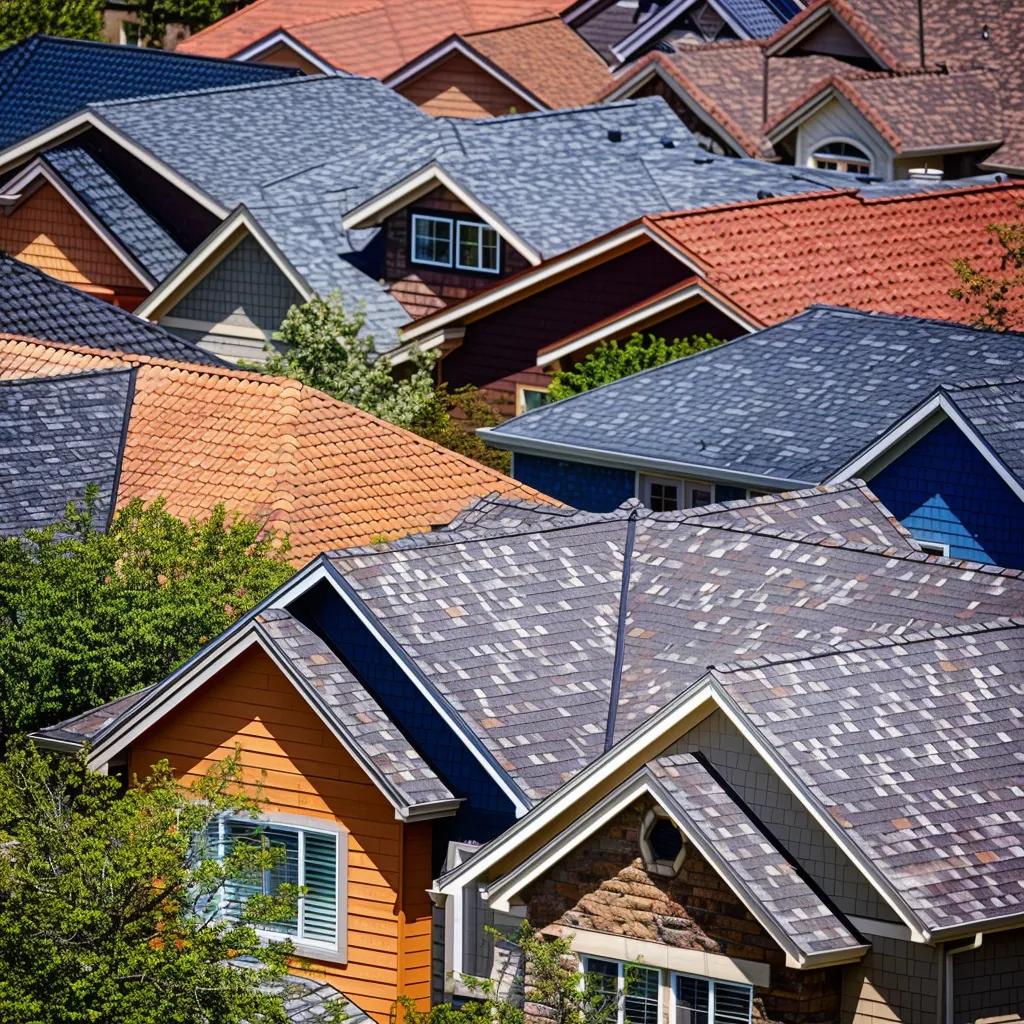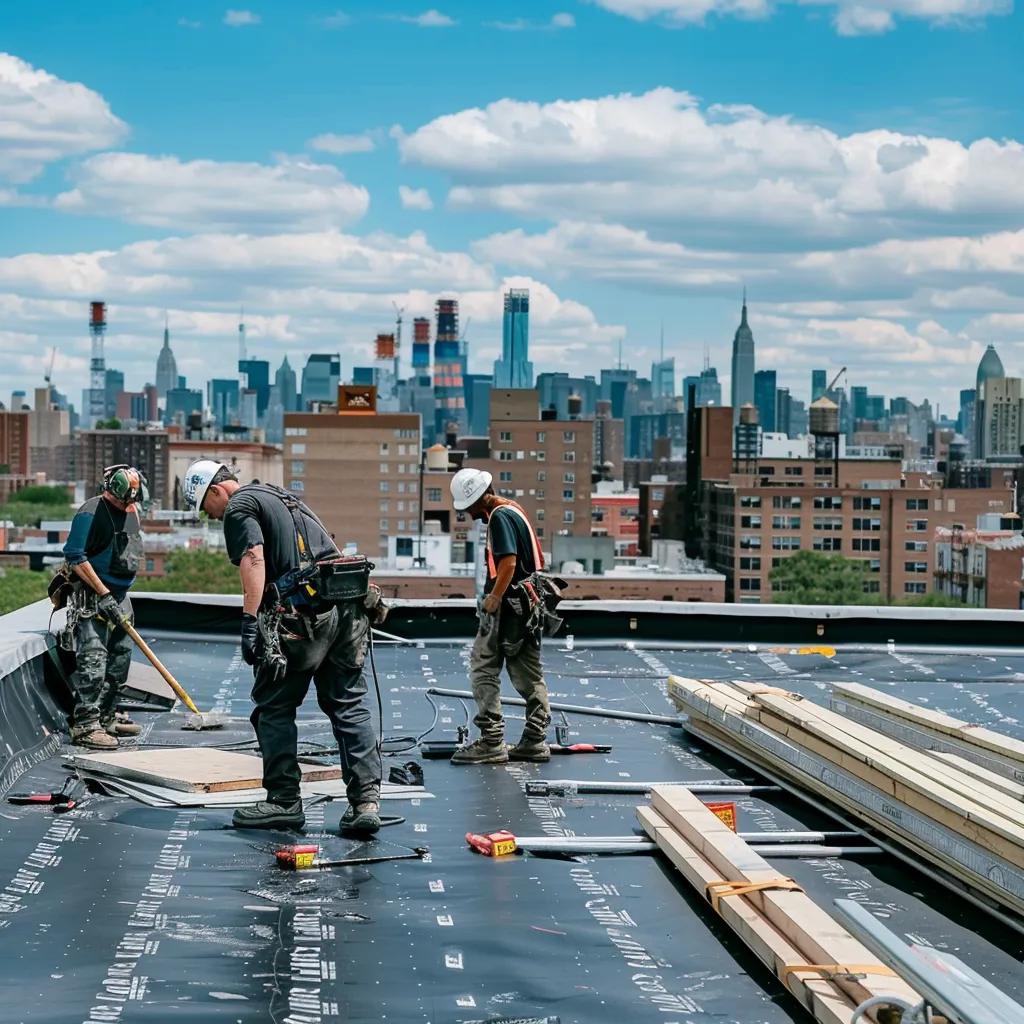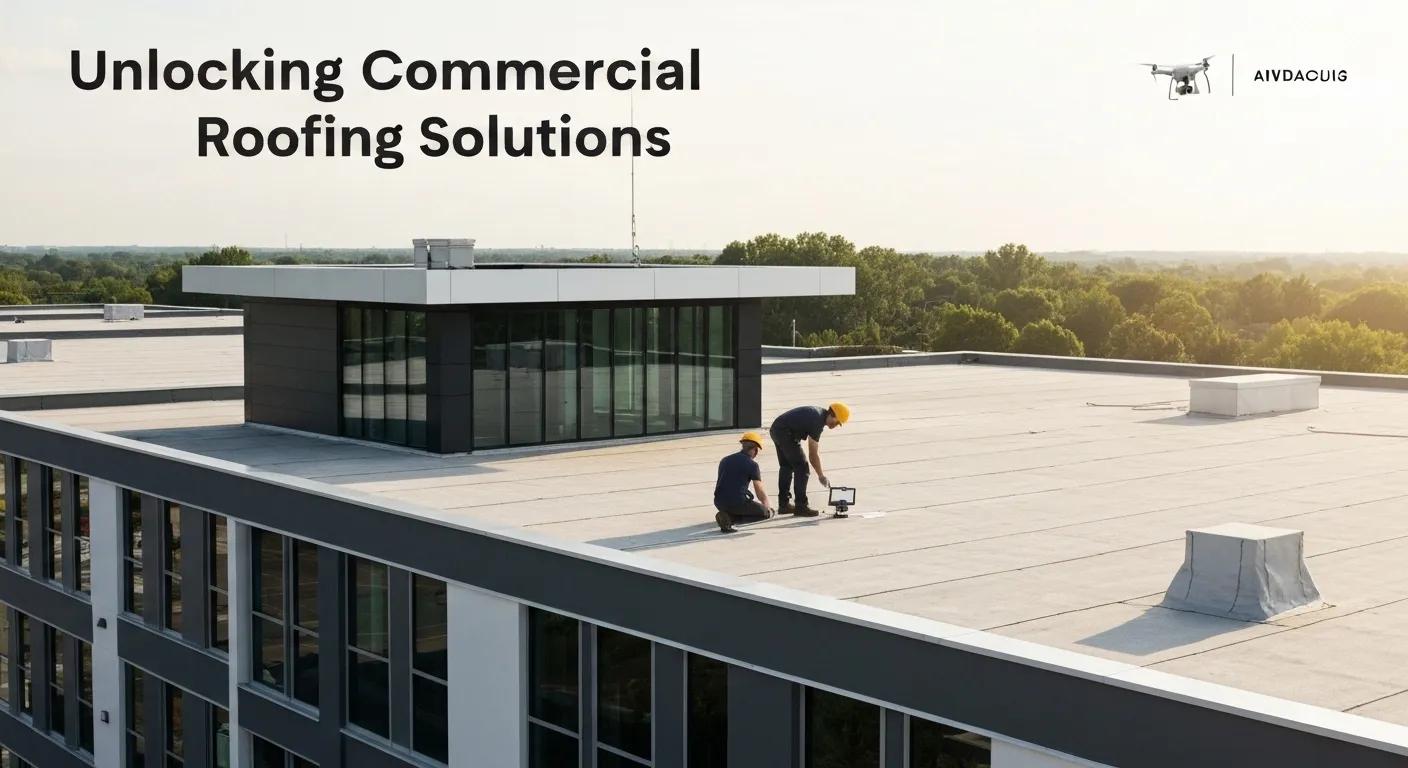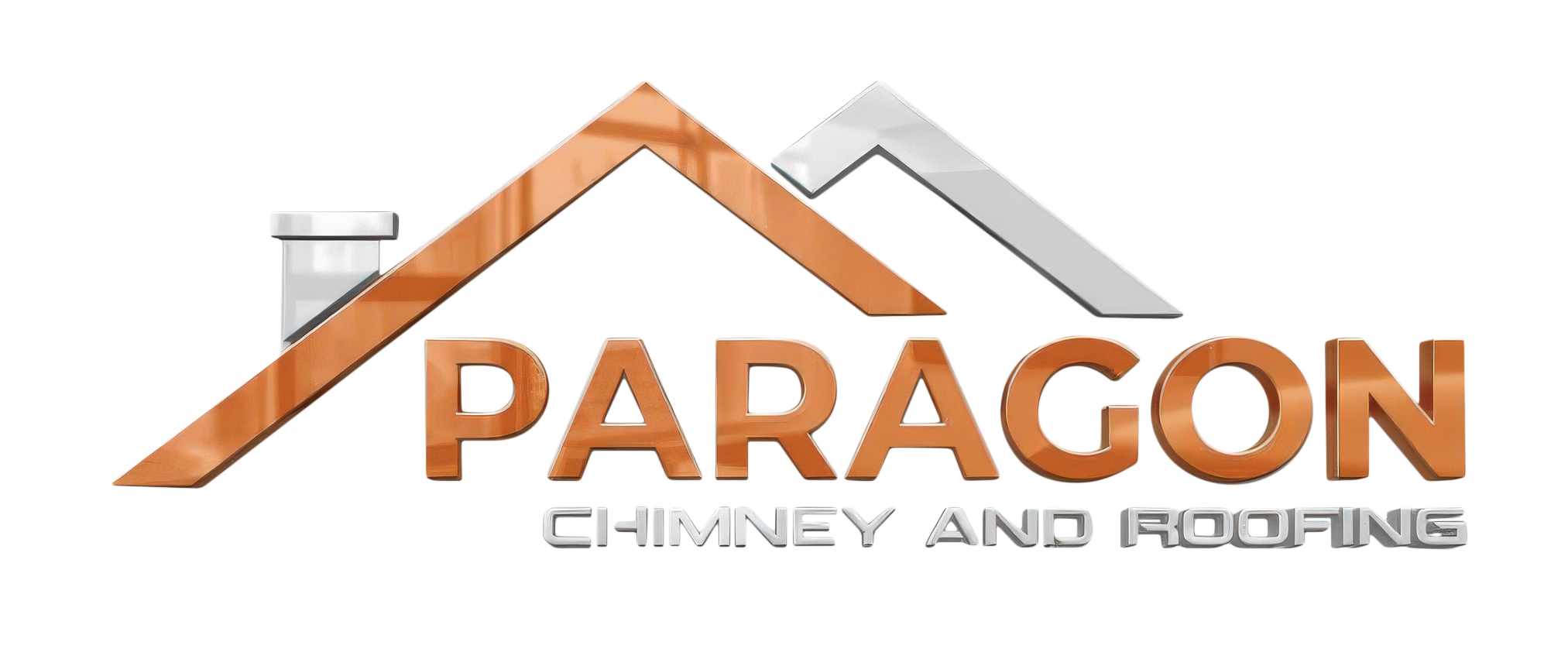Top Choices for Roofing Materials in Brooklyn You Should Know

Brooklyn homeowners and business owners often struggle to chooseroofing materials that stand up to the local weather, meet building codes, and offer attractive aesthetics. This article reviews popular roofing materials, their performance in Brooklyn’s climate, key regulations, cost factors, contractor selection, and trusted brands to help you make an informed decision.
What Are the Most Popular Roofing Materials Used in Brooklyn?
In Brooklyn, common roofing materials include asphalt shingles, metalroofing, tileroofing, wood shake and shingles, and flat roofing systems. Each offers specific advantages for residential and commercial buildings, meeting various architectural and functional needs.
What Are the Benefits and Drawbacks of Asphalt Shingles in Brooklyn?
Asphalt shingles are popular for their affordability, ease of installation, and a wide range of colors. They offer good water resistance but usually last only 15 to 30 years and may incur higher maintenance costs in severe weather or polluted urban conditions.
How Does MetalRoofing Perform in Brooklyn’s Climate?
Metalroofing is known for durability, energy efficiency, and longevity—often exceeding 50 years. It performs well against heavy rain, snow, and high winds, reflecting solar heat to lower energy bills. However, metal roofs come with higher upfront costs and may require soundproofing solutions during rainstorms.
What Should You Know About TileRoofing Options in Brooklyn?
Tileroofing, using clay or concrete, delivers a timeless look and excellent fire resistance, with superior insulation. Despite its aesthetic appeal and durability, tile roofs are heavy, may require structural reinforcement during installation, and can be more costly in materials and labor.
What Are the Advantages of Flat Roofing for Brooklyn Buildings?
Flat roofing is common especially for commercial and modern residential buildings. Their design allows for extra space, such as rooftop gardens or solar panels, and they are quicker to install. However, flat roofs can have drainage problems, so proper waterproofing and regular inspections are critical.
How Does Brooklyn’s Climate Affect Roofing Material Choices?
Brooklyn’s humid continental climate—with cold, snowy winters and hot, humid summers—requires roofing materials that can handle rapid temperature changes, moisture, and weight loads.
How Do Snow, Rain, and Humidity Influence Roof Durability?
Heavy snowfall and rain put extra strain on roofs, making proper drainage essential. Humidity accelerates wear on organic materials like wood, while freeze-thaw cycles can damage metal and tile. Choosing materials that resist moisture and thermal stress is key to long-term durability.
What Roofing Materials Best Withstand Brooklyn’s Weather Conditions?
Metal, tile, and asphalt shingles are engineered to handle Brooklyn’s weather challenges. Metal roofs shed snow and resist corrosion well with proper treatment, tile offers enduring insulation and fire resistance, and asphalt shingles, when maintained, provide reliable waterproofing and impact resistance.
What Are the Key Building Codes and Regulations for Roofing in Brooklyn?
Compliance with NYC building codes is essential to ensure safety and durability. These codes mandate fire resistance, wind load performance, and energy efficiency, influencing material choices and installation methods.
Which NYC Building Codes Impact Roofing Material Selection?
NYC codes require roofing materials to meet fire-spread ratings, insulation standards, and wind load criteria. Non-combustible materials like metal and tile are often preferred for commercial projects, while residential roofs might allow more variety if other standards are met.
How Do Building Types Affect Roofing Material Compliance?
Different building types have specific requirements. Residential buildings typically have more flexibility, whereas commercial structures must meet stricter standards in structural support and weather resistance, sometimes necessitating advanced materials.
What Are the Permit and Inspection Requirements for Roofing Projects?
Roofing projects require permits, with detailed plans and scheduled inspections throughout the installation process to ensure adherence to NYC codes. Proper documentation and compliance help avoid legal issues or delays.
How Much Does Roofing Material Cost in Brooklyn and What Factors Influence Pricing?
Roofing costs in Brooklyn depend on material type, labor, complexity, and market conditions. Understanding these factors is vital for budgeting.
What Are the Average Costs for Different Roofing Materials in Brooklyn?
Costs typically range from $2.50 to $4.50 per square foot for asphalt shingles, $5.50 to $12.00 for metalroofing, $7.50 to $15.00 for tile, and $6.00 to $10.00 for wood shakes. Flat roofs generally cost between $3.50 and $8.00 per square foot.
How Do Installation and Labor Affect Overall Roofing Expenses?
Labor can add 40% to 60% to material costs. Factors such as union rates, project complexity, and contractor expertise affect price. Higher labor costs are often justified by adherence to safety and local building codes.
What Financing Options Are Available for Brooklyn Roofing Projects?
Homeowners can explore financing through home equity loans, contractor financing plans, or specialized roofing loans. Comparing interest rates and terms ensures that the financing aligns with both immediate project costs and long-term investments.
How Do You Choose the Right Roofing Contractor in Brooklyn?
Selecting a competent roofing contractor involves verifying credentials, warranties, insurance, and customer reviews to ensure quality and compliance with local codes.
Why Are Warranties and Insurance Important for Roofing Services?
When undertaking any roofing Brooklyn project, it’s essential to have both comprehensive warranties and proper insurance in place. Warranties provide coverage for material defects and installation issues, ensuring that any problems are addressed without additional cost to the property owner. Insurance, on the other hand, protects against potential liabilities such as property damage or worker injuries that may occur during the job. Together, these safeguards play a vital role in managing risk, building trust, and ensuring the entire roofing process is secure, reliable, and professionally handled.
What Are the Essential Roofing Services Related to Materials in Brooklyn?
Beyond installation, roofing services in Brooklyn include repair, maintenance, and inspections to keep the roof in optimal condition.
What Does Roof Installation Involve for Different Materials?
Installation typically includes surface preparation, underlayment, flashing, and the final roofing material. Precise alignment and secure fastening are crucial for materials like asphalt, metal, and tile to perform well.
How Is Roof Repair Handled for Various Roofing Types?
Repair methods vary by material. Asphalt repairs may involve replacing individual shingles, metal repairs might need panel replacement or resealing, and tile repairs require careful fitting to maintain the roof’s look and function.
Which Roofing Brands Are Trusted for Quality Materials in Brooklyn?
Brooklyn builders rely on established brands known for quality, durability, and robust warranties.
What Are the Features of GAF Roofing Products in Brooklyn?
GAF offers innovative asphalt shingles with advanced water resistance and LayerLock™ technology. Their extensive warranty programs and diverse color options make them a reliable choice for residential projects.
How Does CertainTeed Roofing Compare for Brooklyn Homes?
CertainTeed produces high-quality asphalt shingles and composite products with protective coatings that resist algae and weather damage. Their products emphasize wind resistance and energy efficiency, making them ideal for urban settings.
What Makes Owens Corning Roofing a Popular Choice in Brooklyn?
Owens Corning is known for impact-resistant shingles with excellent fire protection. Their products are designed for durability under extreme weather conditions, and their versatile options suit both residential and commercial applications.
Below is a concise comparison of these brands:
| Roofing Brand | Key Features | Warranty Details | Typical Application |
|---|---|---|---|
| GAF | Advanced water resistance, LayerLock technology | Up to 50-year limited warranty | Asphalt shingles, residential homes |
| CertainTeed | Superior coatings, algae resistance | 30-50-year warranty options | Composite roofing, urban homes |
| Owens Corning | Impact resistance, fire protection | Up to 30-year limited warranty | Asphalt shingles, mixed residential/commercial |
Frequently Asked Questions
Q: Which roofing material is most cost-effective in Brooklyn?
A: Asphalt shingles are typically the most affordable, balancing material and installation costs with reasonable durability.
Q: How can I ensure my roof withstands Brooklyn’s climate?
A: Opt for materials proven to resist moisture, high winds, and temperature swings—such as metal or tile—and schedule regular maintenance.
Q: What permits are required for roofing projects in NYC?
A: Most roofing projects require permits and follow-up inspections to ensure compliance with NYC building codes, especially for commercial or major changes.
Q: How do financing options impact roofing costs?
A: Financing through home equity loans or contractor plans can help manage high-quality roofing costs by spreading payments over time.
Q: How do I verify a roofing contractor’s credibility in Brooklyn?
A: Verify licensing, insurance, detailed proposals, and customer testimonials to ensure the contractor meets local standards and quality expectations.
Final Thoughts
Brooklyn roofing projects involve balancing material performance, building codes, and budget considerations with local climate challenges. By weighing the pros and cons of asphalt, metal, tile, wood, and flat roofs, and by choosing reliable brands and skilled contractors, homeowners can secure a durable and visually appealing roof that enhances both property value and safety.

